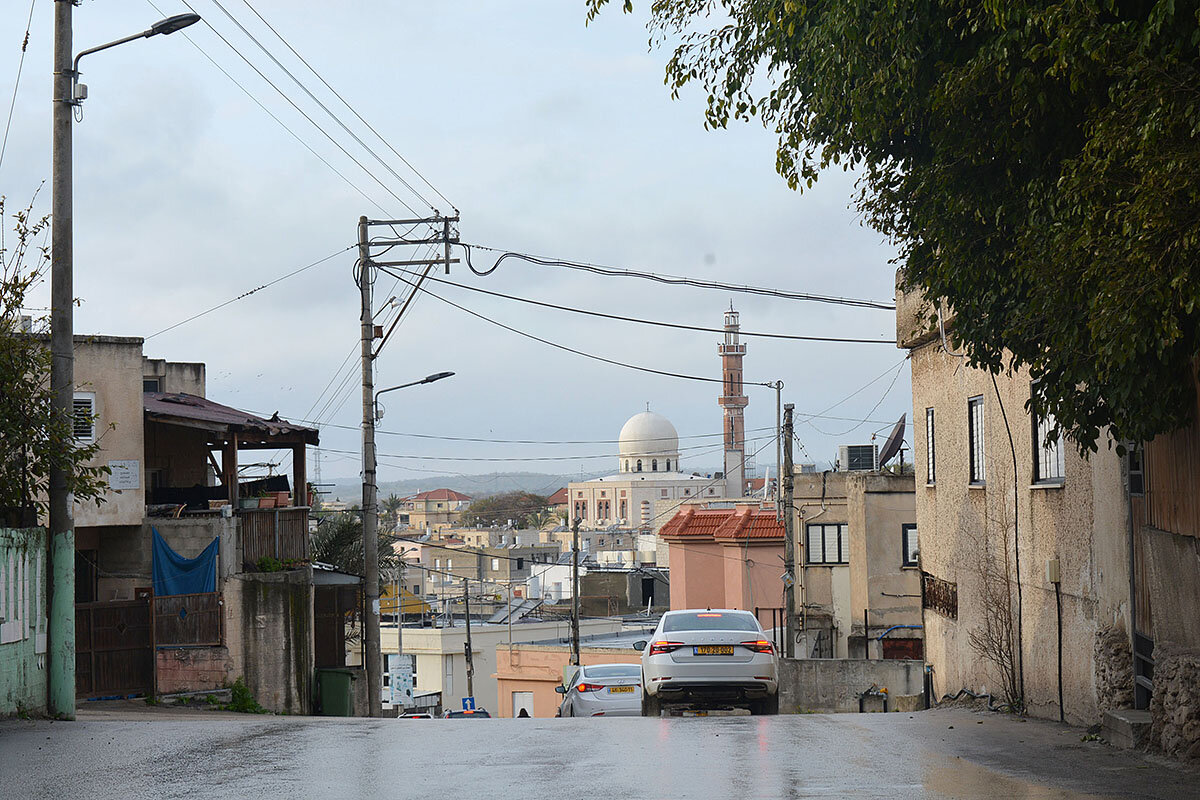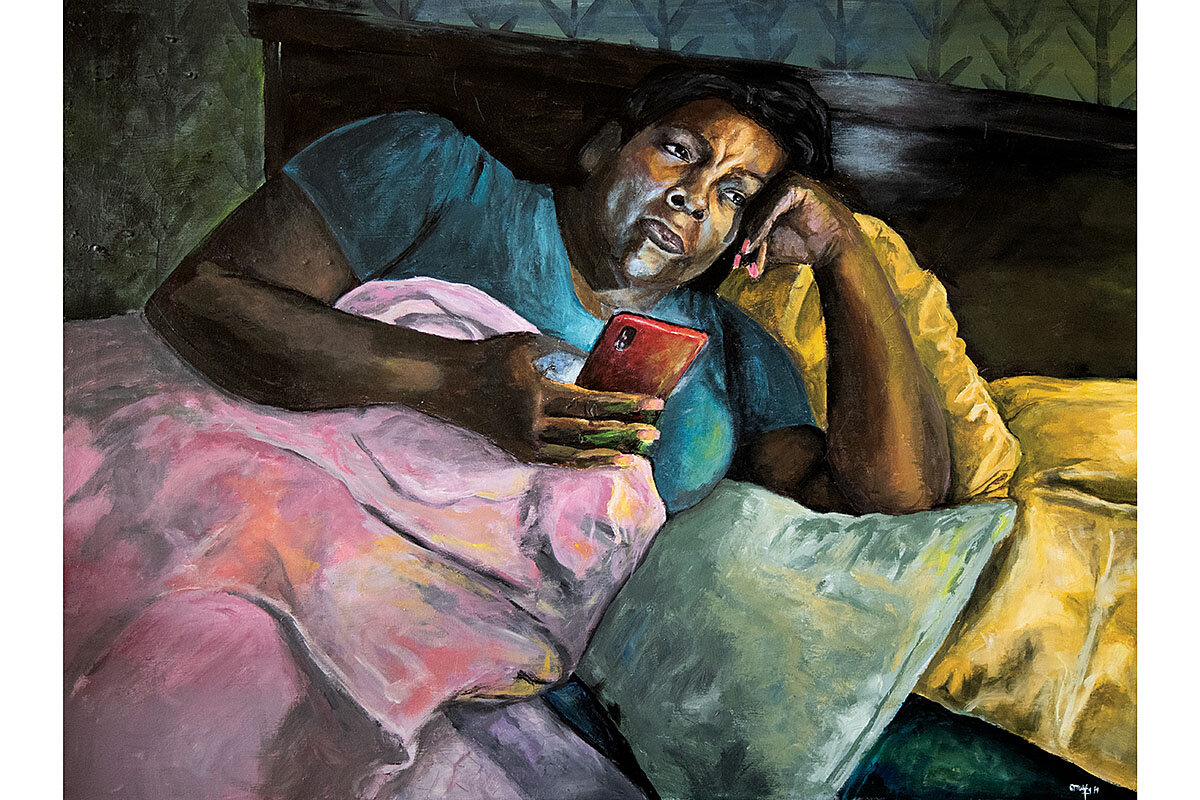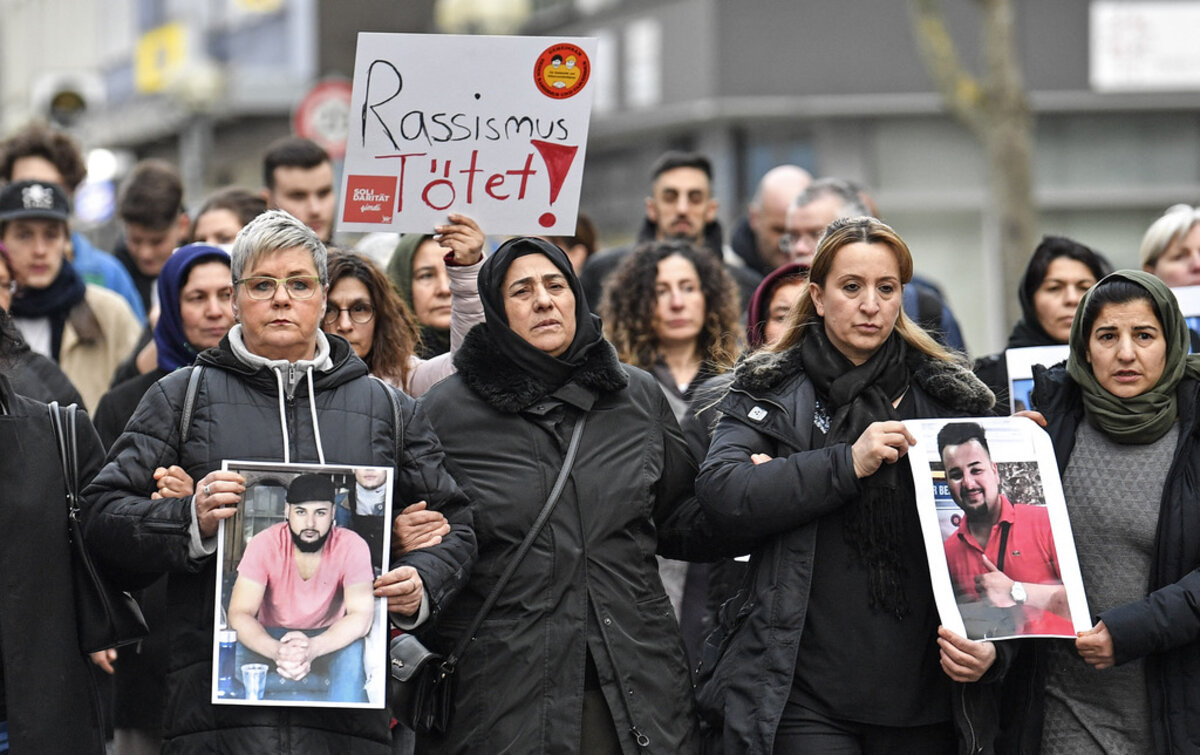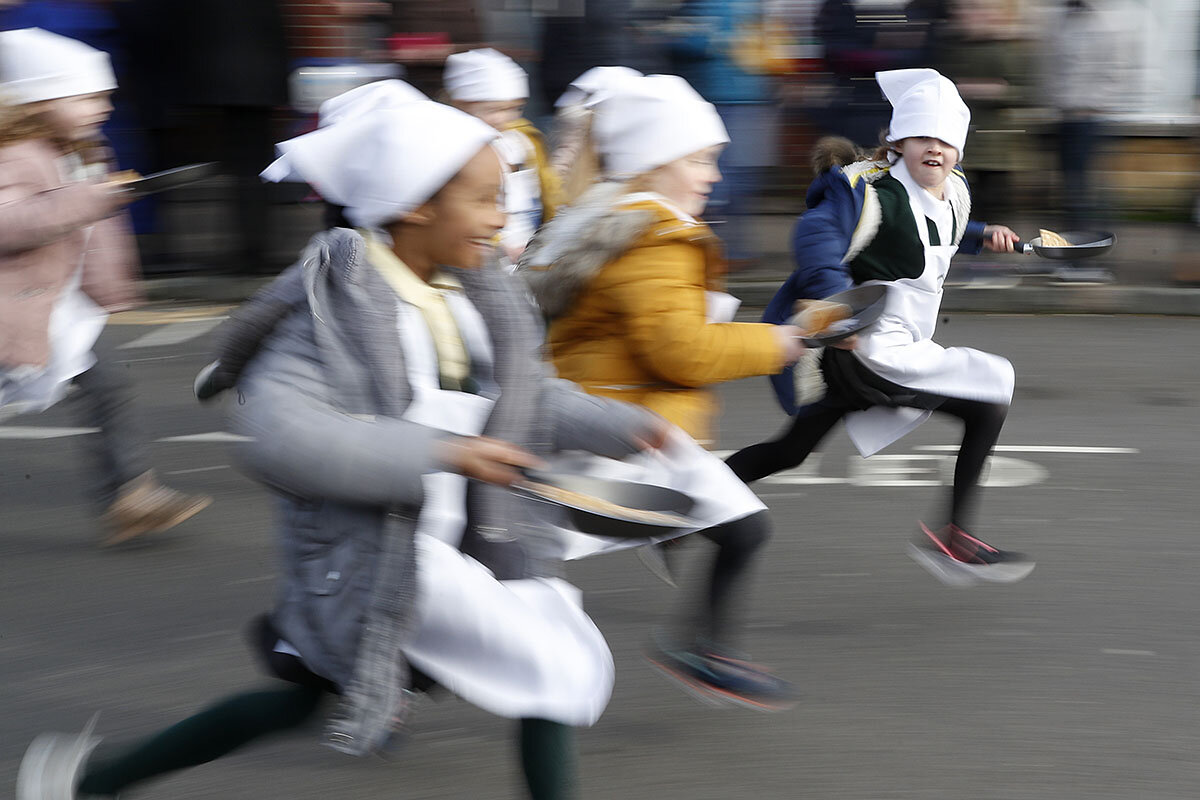Republicans tend to like small government. But President Trump’s approach of leaving posts vacant and favoring loyalty over experience may be undermining his ability to get things done.
Monitor Daily Podcast
- Follow us:
- Apple Podcasts
- Spotify
- RSS Feed
- Download
 David Clark Scott
David Clark Scott
Our five selected stories today cover the shape of President Trump's smaller government, what’s motivating Arab Israeli voters, America’s billionaire backlash, the return of ‘safer’ land mines, and museums as community problem-solvers.
I never met Katherine Johnson, but my family owes a personal debt of gratitude to the NASA mathematician whose extraordinary life was portrayed in the 2016 movie “Hidden Figures.”
Let me explain.
Ms. Johnson, who died on Monday, was responsible for making the calculations that safely delivered Americans into space. Ms. Johnson and other black women initially worked in a racially segregated computing group in Hampton, Virginia. Later, she joined Project Mercury, NASA’s first human space program.
When it was John Glenn’s turn to orbit Earth in 1962, he didn’t trust the new IBM 7090 computer that had plotted his course. “Get the girl to check the numbers,” the astronaut insisted, referring to Ms. Johnson, who was in her 40s at the time.
Ms. Johnson was a pioneer, first and foremost for African American women. With courage, intelligence, and grace, she challenged narrow stereotypes.
On Monday, NASA Administrator Jim Bridenstine called Johnson an “American hero.” “She ... opened doors for women and people of color in the universal human quest to explore space.”
Ms. Johnson helped all of humanity slip the “surly bonds of earth.” She inspired girls to study math, science, and engineering. She paved the way for all women, including my mom, who was one of the first female computer programmers hired by Honeywell Information Systems, an emerging competitor to IBM, in 1960.
“Girls are capable of doing everything men are capable of doing,” said Ms. Johnson in a 2011 interview. Then she added, “Sometimes they have more imagination than men.”










